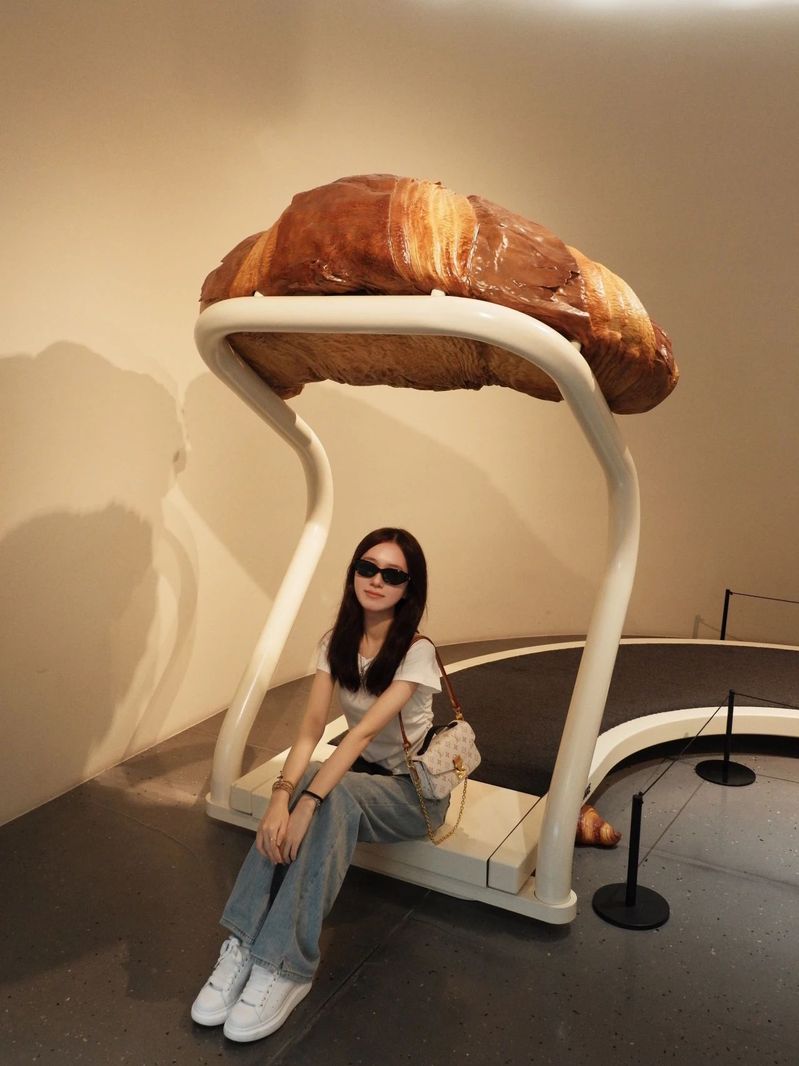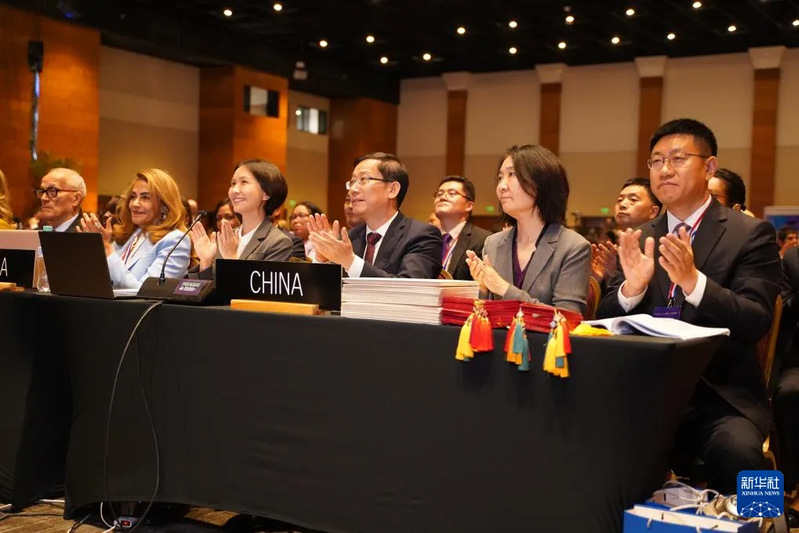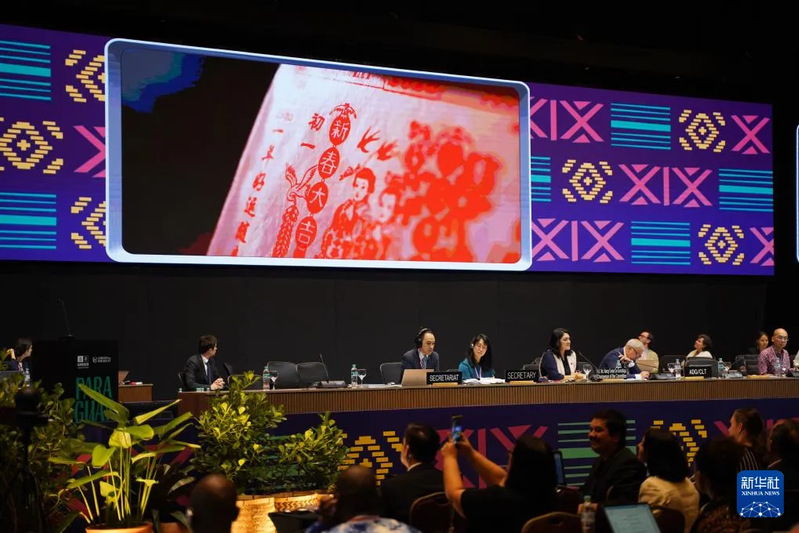春节(Spring Festival),是中国民间最隆重最富有特色的传统节日之一。一般指除夕和正月初一,是一年的第一天,又叫农历年,俗称“过年”,从腊八或小年开始,到元宵节,都叫过年。
本期邀请翻译2402班的龚衍桦作为说书人,带我们重回申遗成功那一天。
蒲公“英”说书人
大家好,我是来自翻译2402班的龚衍桦。平时爱好旅行,打乒乓球和麻将。现担任英语学院主持人队队员,文体艺术中心干事。



原文
The United Nations Educational, Scientific and Cultural Organization (UNESCO) on Wednesday inscribed Spring Festival, social practices of the Chinese people in celebration of the traditional new year, on the Representative List of the Intangible Cultural Heritage of Humanity.
The decision was made during the 19th session of the Intergovernmental Committee for the Safeguarding of the Intangible Cultural Heritage, taking place in Paraguay from Dec 2 to 7.
With this addition, China now has 44 cultural elements or practices recognized by UNESCO as Intangible Cultural Heritage of Humanity.
According to UNESCO's documentation, the traditional knowledge and customs associated with the Spring Festival are passed down informally within families and communities, as well as formally through the education system. Craftsmanship and artistic skills related to the festival are transmitted through apprenticeships, promoting family values, social cohesion, and peace, while providing a sense of cultural identity.
The committee also emphasized that the festival embodies the harmony between humans and nature and contributes to sustainable development in areas such as food security and education. It also plays a key role in raising environmental awareness.
China's vice minister of Culture and Tourism, Rao Quan, who led the Chinese delegation at the UNESCO session, expressed gratitude for the recognition. He stressed that the Spring Festival is China's most important traditional holiday, symbolizing the Chinese people's hopes for a better life, strong ties to family and country, and the values of harmony between humans and nature.
Rao further explained that the festival, passed down through generations, has provided lasting spiritual strength to the Chinese people. It has played a significant role in promoting family and social harmony, driving economic development, protecting the environment, and fostering global cultural exchange.
He added that the inclusion of the Spring Festival on the UNESCO list will help promote universal values of peace and harmony and highlight the important role of intangible cultural heritage in sustainable development.
本文摘录自China Daily
译文
北京时间12月4日,我国申报的“春节——中国人庆祝传统新年的社会实践”在巴拉圭亚松森举行的联合国教科文组织保护非物质文化遗产政府间委员会第19届常会上通过评审,列入联合国教科文组织人类非物质文化遗产代表作名录。
至此,我国共有44个项目列入联合国教科文组织非物质文化遗产名录、名册,总数居世界第一。
春节是我国内涵最为深厚、内容最为丰富、参与人数最多、影响最为广泛的传统节日。每逢春节前后,全世界华人都会围绕着辞旧迎新、祈福纳祥、团圆和谐的主题欢庆这一佳节。数千年来,春节不断维系和强化着个人、家庭和国家的情感纽带,对中华文明的绵延赓续发挥了重要作用。随着海外传播范围的日趋扩大,春节已成为世界普遍接受、认同和欣赏的中华文化符号。
“春节——中国人庆祝传统新年的社会实践”为中国人共享,在全国各地广泛实践,寄托了中国人的人伦情感、家国情怀,体现了人与自然和谐共生、人与人和睦相处的价值理念,在促进家庭和睦、社会和谐、经济发展、环境保护等方面发挥着重要作用。
该遗产项目列入人类非物质文化遗产代表作名录,对增进海内外中华儿女的文化认同、践行全球文明倡议、推动构建人类命运共同体具有重要意义。

问答互动
1. 我国申报的“春节——中国人庆祝传统新年的社会实践”在几月几号列入了联合国教科文组织人类非物质文化遗产代表作名录?
A.12月2日
B.12月12日
C.12月4日
D.12月10日
2.根据联合国教科文组织的文件,春节体现了哪些价值理念,并在哪些方面发挥着重要作用?
A. 体现了人与自然和谐共生,在经济发展方面发挥重要作用
B. 体现了人与人和睦相处,在环境保护方面发挥重要作用
C. 体现了家国情怀,在社会和谐方面发挥重要作用
D. 以上都是




